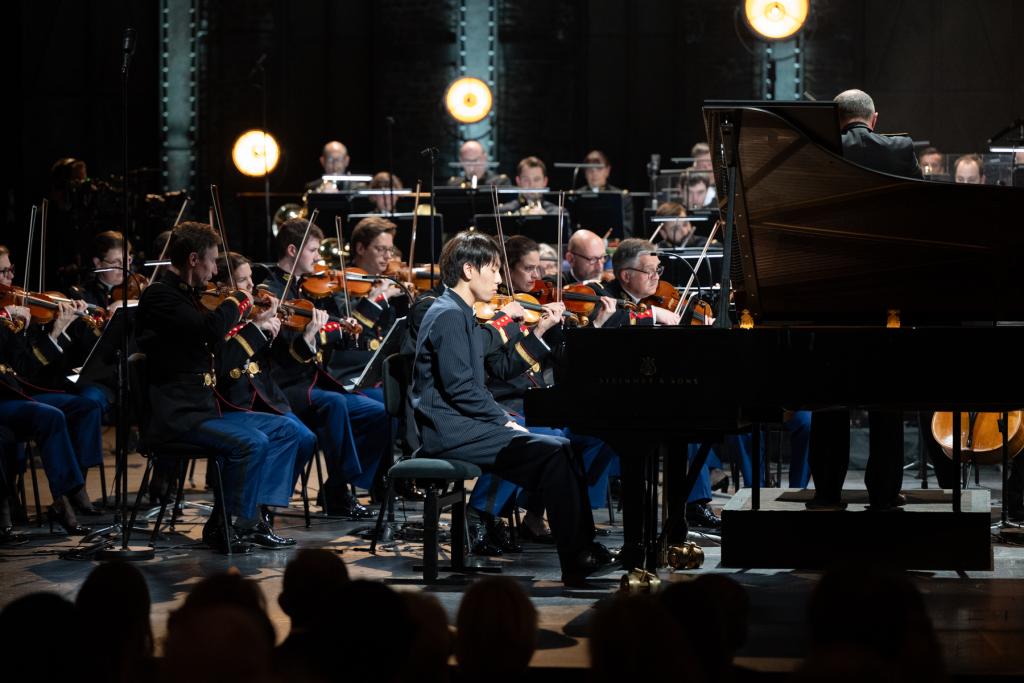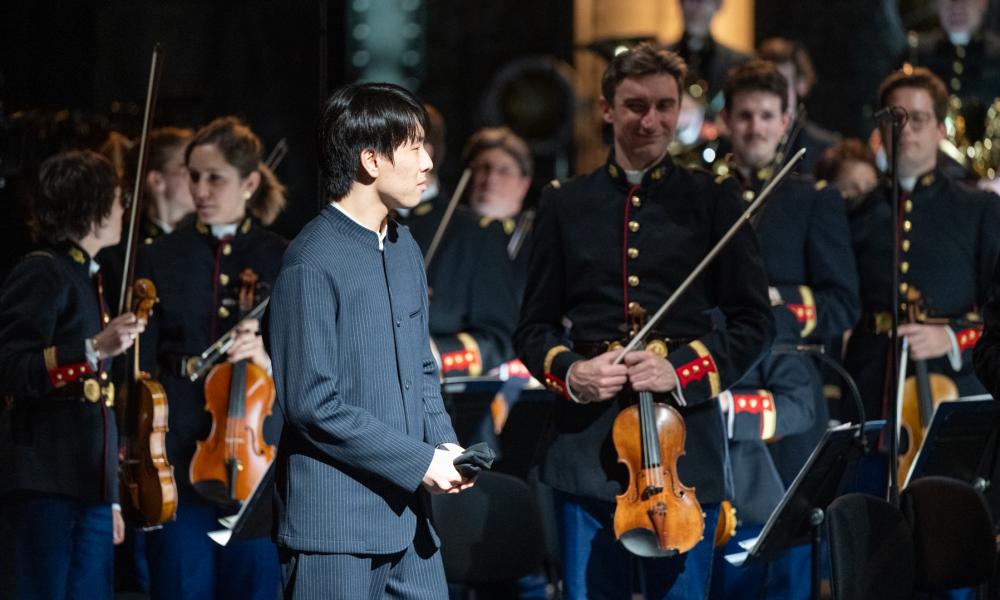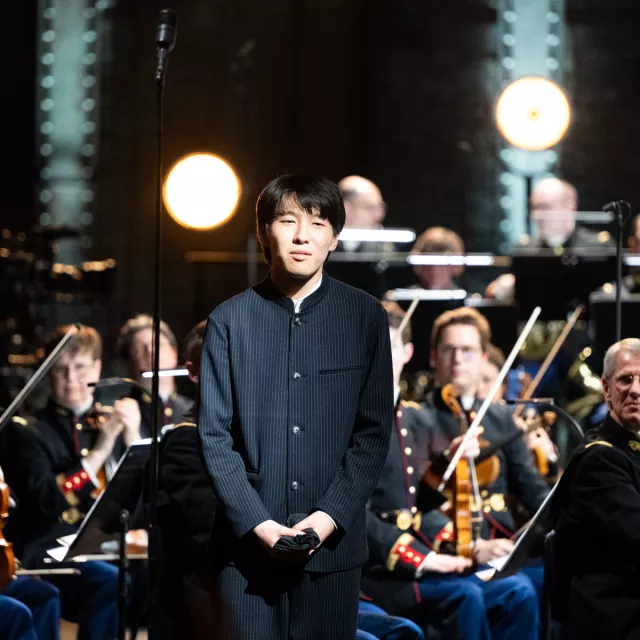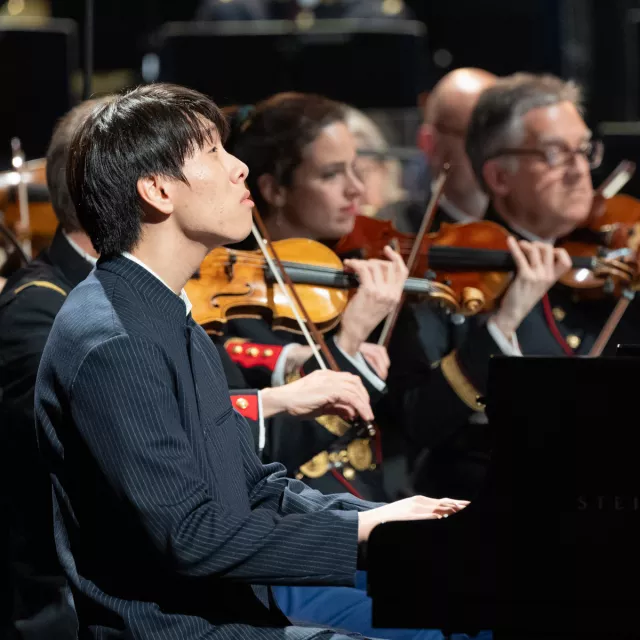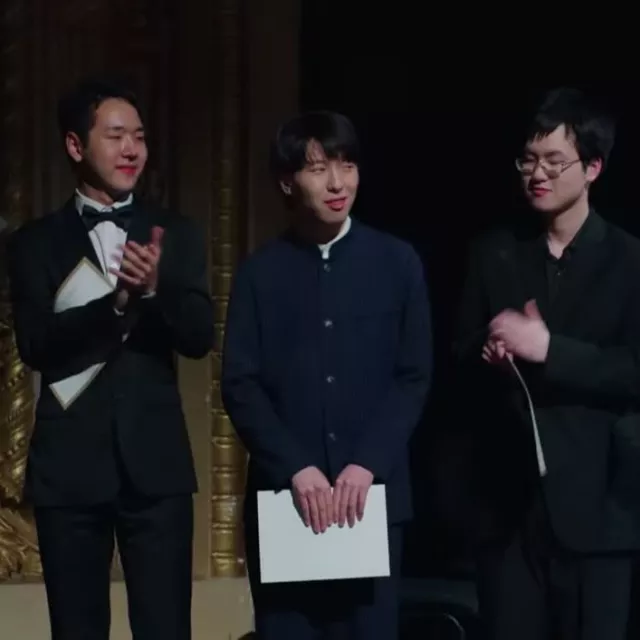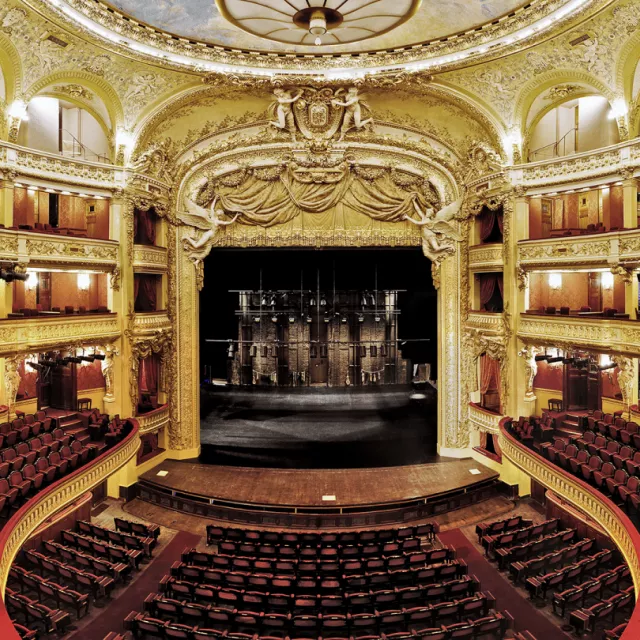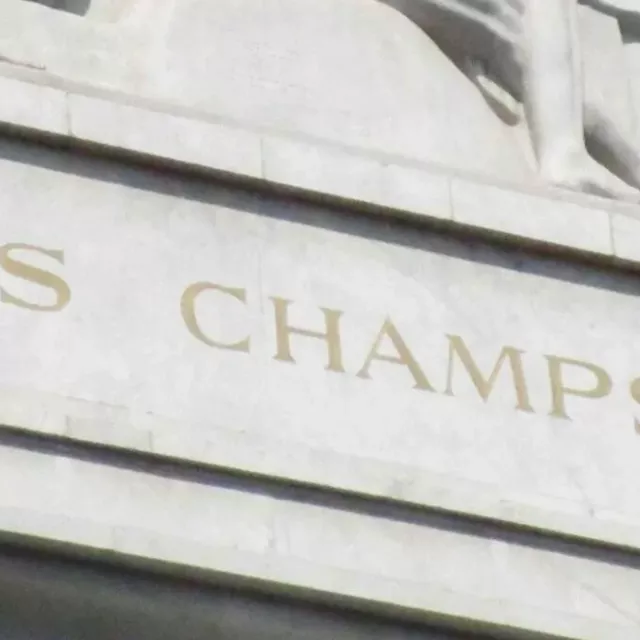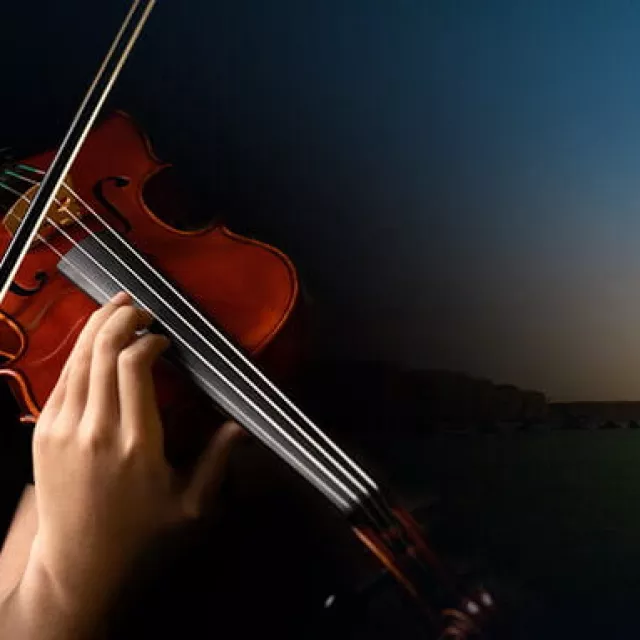You´ve done a few competitions before- how was the mental and physical strain for you in Paris?
I’ve competed in several international competitions in the past, and I have developed a mindset to put a boundary between myself and the competitive aspect of the competition. In the end, the most important goal we aim to achieve as pianists is to speak something through the music we play, to communicate a message through sound—which is a huge challenge and a responsibility. Reflecting on myself and trying to find my own personal interpretation of the music I play gives me joy and comfort, day by day. In a competition, not having any regrets about one’s performance is of greater importance than a successful result.
“Putting a boundary between yourself and the competitive aspects”- does that mean putting a kind of virtual wall around yourself?
It’s definitely not a wall. I think, when we play music, we are like actors. We play a certain role in the music, and each kind of music, every composition, has its own distinct character. When I put myself in this role and really engage in that role, I am not trying to show myself—it should be the music that is the star of the performance.
As someone who often visits concerts, I can feel when the music speaks to me. A performance becomes special not when the performer is telegraphing their interpretation to a large group of people, but when the performer is speaking directly to me, sharing his personal story just to me, through his music.
As for the communicative aspect you mentioned: I think if I put myself in the role of the music, and I succeed at being true to myself, I naturally get to communicate with the audience.
Rachmaninov Concerto No. 3 is quite a special piece. You were the only artist to play it in the final at Long Thibaud, but historically, there are quite a lot of memorable performances in competition finals. What made you choose this piece?
First of all, I love the piece. It’s one of my favourite concertos at the moment. It really encapsulates such a huge palette of emotions one can experience in human life: nostalgia, pain, sorrow, and finally ecstasy. This piece is often considered the epitome of pianism, but it’s really the music that speaks to me and the emotions that can be found anywhere in the piece.
Of course, it’s not easy to perform concertos in a competition because you have little rehearsal time. But I thought because I have had some experience in playing Rachmaninov III with an orchestra, it would be a good idea to bring it to the Long-Thibaud.
Do you like one artist or one particular interpretation of this concerto?
I really like Rachmaninov’s own playing. Also Horowitz’s—there is a recording he made when he was in his late twenties. I think he mentioned himself that it doesn’t really count as a recording, but it’s magical to my ears. Then, of course, there is Horowitz’s late recording with the New York Philharmonic and Zubin Mehta. Finally, among the living artists, I really like Arcadi Volodos’s interpretation.
